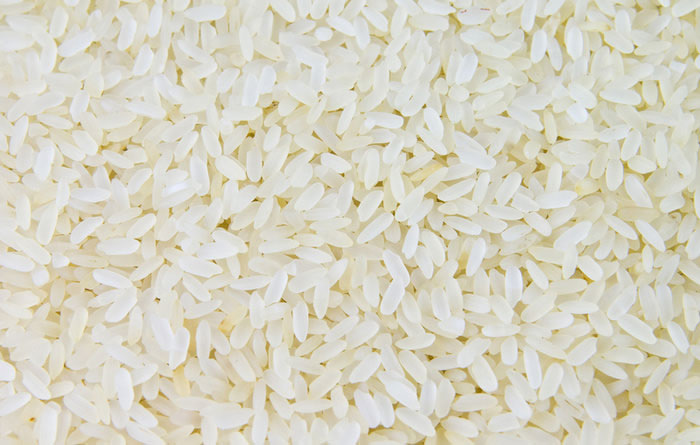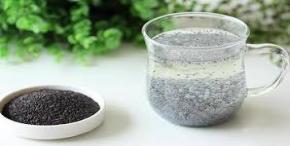News
LEMONGRASS SIDE EFFECTS & SAFETY
Update: 8/3/2013

Lemongrass is a plant. The leaves and the oil are used to make medicine.
Lemongrass is used for treating digestive tract spasms, stomachache, high blood pressure, convulsions, pain, vomiting, cough, achy joints (rheumatism), fever, the common cold, and exhaustion.
It is also used to kill germs and as a mild astringent.
Some people apply lemongrass and its essential oil directly to the skin for headache, stomachache, abdominal pain, and muscle pain. By inhalation, the essential oil of lemongrass is used as aromatherapy for muscle pain.
In food and beverages, lemongrass is used as a flavoring. For example, lemongrass leaves are commonly used as “lemon” flavoring in herbal teas.
In manufacturing, lemongrass is used as a fragrance in soaps and cosmetics. Lemongrass is also used in making vitamin A and natural citral.
How does it work?
Lemongrass might help prevent the growth of some bacteria and yeast. Lemongrass also contains substances that are thought to relieve pain, reduce fever, stimulate the uterus and menstrual flow, and have antioxidant properties.
Lemongrass seems to be safe for most people when used in food amounts. It is POSSIBLY SAFE when used for medicinal purposes, short term.
However, there have been some toxic side effects such as lung problems after inhaling lemongrass and a fatal poisoning after a child swallowed a lemongrass oil-based insect repellent.
Special Precautions & Warnings:
Pregnancy and breast-feeding: It is UNSAFE to take lemongrass during pregnancy. Lemongrass seems to be able to start menstrual flow, so there is a concern that it might cause a miscarriage.
It’s also best to avoid lemongrass if you are breast-feeding. Not enough is known about its possible effects on the nursing infant.
Source: http://www.webmd.com
For more information click here












